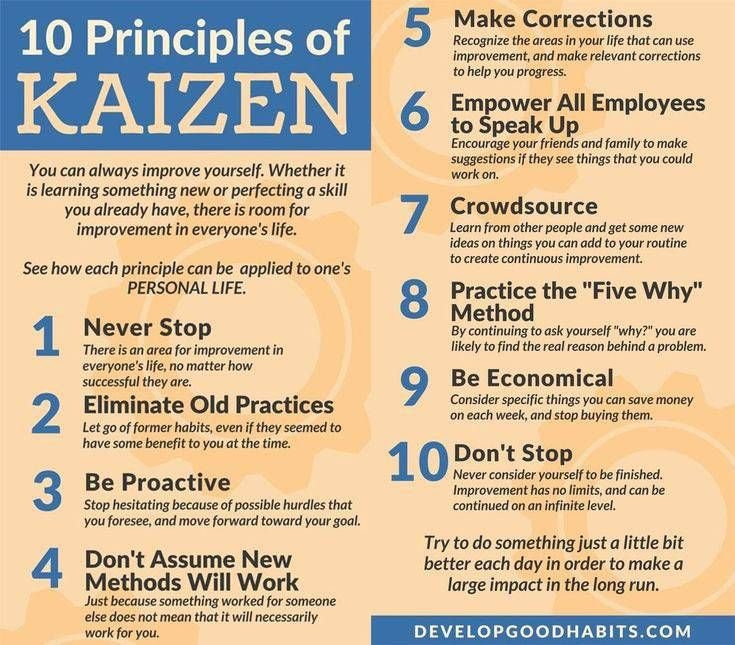Problem-Solving A3: A Simple and Effective Way to Solve Problems
Problem-solving is a critical skill in every organization and industry. It involves identifying, analyzing, and resolving a problem or issue. The A3 problem-solving process is a simple, effective, and visual tool that can help organizations and individuals tackle problems in a structured and systematic manner. What is Problem-Solving A3? A3 stands for the A3 report, a document that outlines and reports on a problem-solving process. The A3 report is an 11×17-inch sheet of paper visually…

